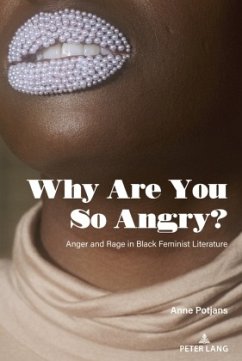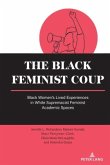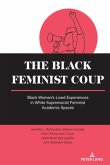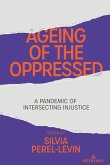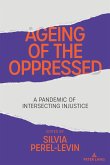This is a study of Black women's anger, its attempted silencing, and its cultural effects. It grounds the discussion of the political and cultural function of Black feminist anger in several points of inquiry, tying it to the conditions of Black life mired in the structures that characterize the afterlives of slavery and colonialism.
Turning to anger can do important work with regards to unraveling epistemic and hermeneutic injustices, the role of negative affect in public spaces, as well as in everyday communicative situations, and how emotional standards integral to dominant definitions of the human and of subjectivity function to maintain and reify human difference and discrimination. By analyzing integral works of Black literature, this book explores how the messiness of anger and rage is navigated and represented in literary texts, but also commended and valued as part of Black feminist lived experience.
Turning to anger can do important work with regards to unraveling epistemic and hermeneutic injustices, the role of negative affect in public spaces, as well as in everyday communicative situations, and how emotional standards integral to dominant definitions of the human and of subjectivity function to maintain and reify human difference and discrimination. By analyzing integral works of Black literature, this book explores how the messiness of anger and rage is navigated and represented in literary texts, but also commended and valued as part of Black feminist lived experience.

